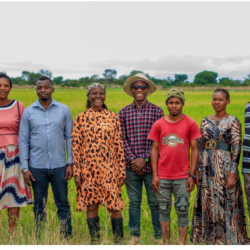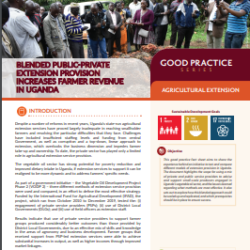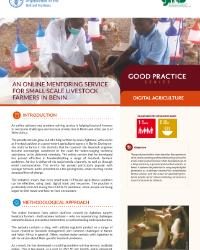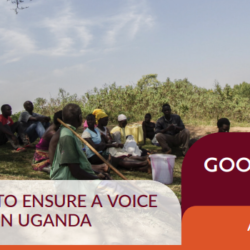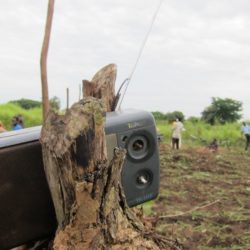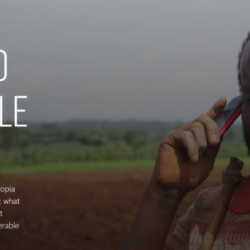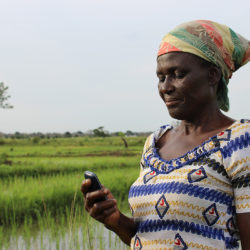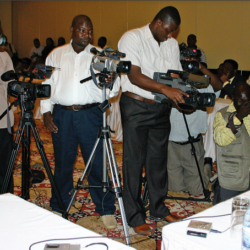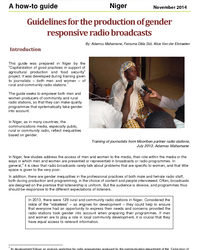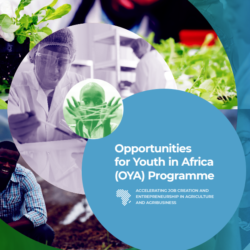Social Capital proves critical to success of System of Rice Intensification (SRI) farming in Tanzania
Social capital is defined as the enduring connections of networks, reciprocity and social norms that exist among a group of people. In farming, social capital has various benefits such as facilitating farmer-to-farmer knowledge sharing, increasing access to information, and connecting farmers to different sources of support. In Tanzania, social capital was a key contributor to the success of the implementation of System of Rice Intensification (SRI), as part of the

